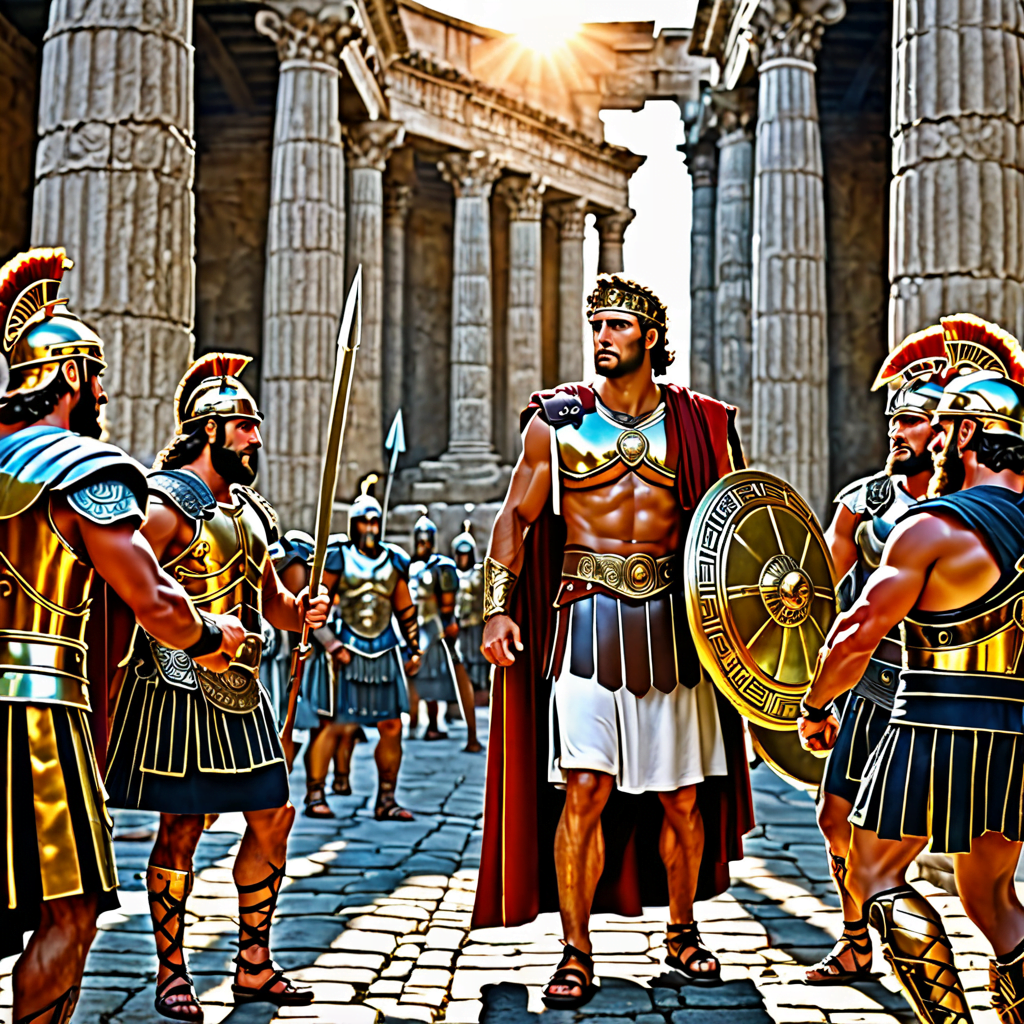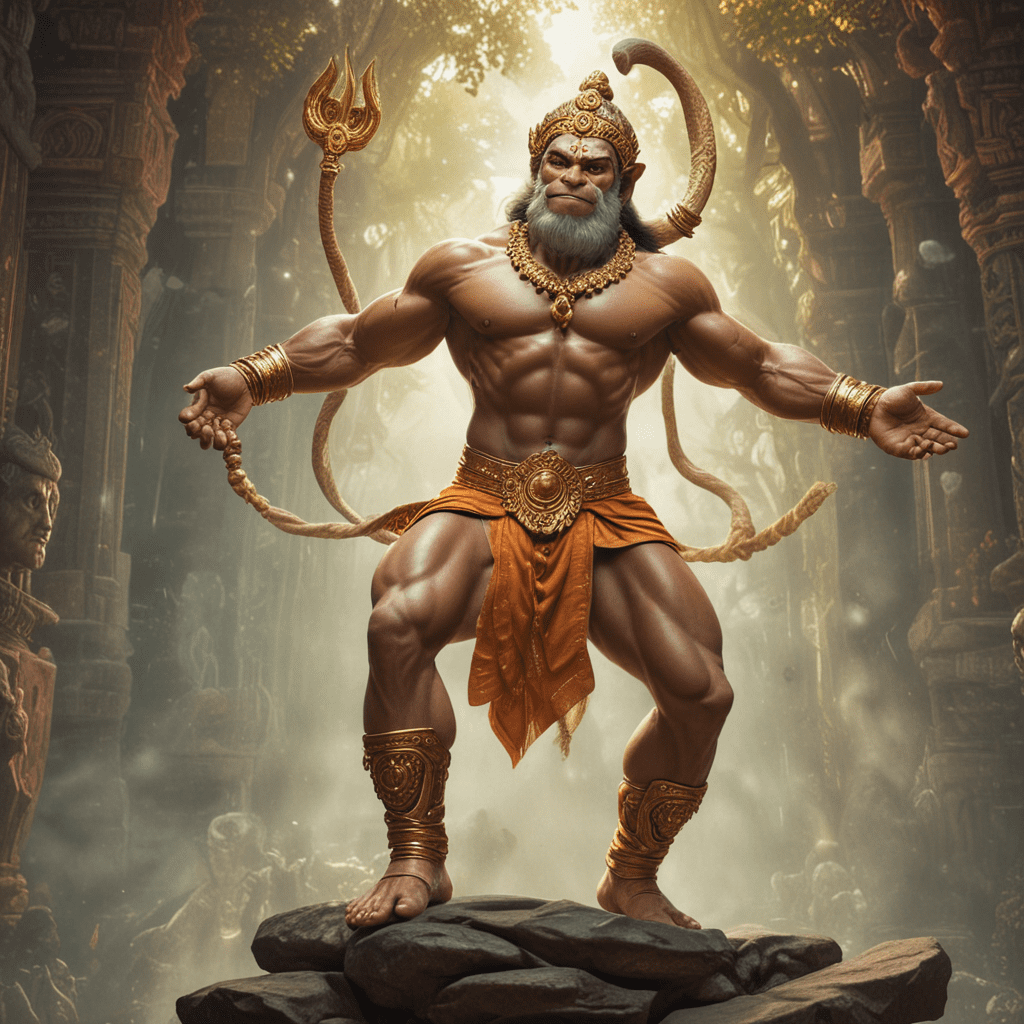The Significance of Honor and Integrity in Roman Mythological Tales
In ancient Roman mythology, the themes of honor and integrity were central to the narratives that were passed down through generations. These values played a pivotal role in shaping the characters and events depicted in these stories, reflecting the societal norms and beliefs of that era.
What is Honor in Roman Mythology?
Honor, known as ‘honestas’ in Latin, was considered a fundamental virtue in Roman society. It encompassed aspects such as respect, honesty, and moral uprightness. In Roman mythological stories, characters often faced dilemmas where their sense of honor was put to the test. Those who upheld their honor were revered, while those who failed to do so faced consequences.
Integrity in Roman Mythological Stories
Integrity, or ‘integritas’ in Latin, was closely linked to honor in Roman mythology. It referred to a steadfast adherence to moral and ethical principles. Characters who displayed integrity in the face of adversity were seen as noble while those lacking integrity were often portrayed in a negative light.
Examples of Honor and Integrity in Roman Mythology
One iconic example of honor and integrity in Roman mythology is the story of Aeneas. Despite facing numerous challenges and temptations on his journey, Aeneas remained steadfast in his commitment to fulfilling his destiny and obligations, showcasing unwavering honor and integrity.
Another compelling tale is that of Lucretia, whose tragic story exemplifies the importance of honor in Roman society. Lucretia’s unwavering integrity, even in the face of personal adversity, made her a revered figure symbolizing virtuous womanhood.
In conclusion, honor and integrity were not mere abstract concepts in Roman mythological stories but rather guiding principles that shaped the moral fabric of society. The champions of honor and integrity in these tales stood as symbols of virtue and exemplars of the values cherished by the ancient Romans.
Frequently Asked Questions (FAQ) about the Role of Honor and Integrity in Roman Mythological Stories
What is the significance of honor in Roman mythological stories?
In Roman mythological stories, honor is a central theme that reflects the values and virtues upheld by the ancient Romans. It often highlights the importance of acting with integrity, courage, and loyalty in the face of challenges.
How do Roman mythological stories emphasize the concept of integrity?
Integrity in Roman mythology is depicted through characters who display moral uprightness, honesty, and adherence to their principles even in difficult circumstances. These stories often showcase the consequences of betraying one’s values or breaking oaths.
Can you provide examples of Roman mythological figures known for their honor and integrity?
Certainly! Characters like Aeneas, known for his piety and sense of duty in “The Aeneid,” and Horatius Cocles, who defended Rome’s bridge single-handedly in the face of enemies, exemplify honor and integrity in Roman mythology. These figures serve as role models for upholding noble virtues.
How do Roman mythological stories reinforce the importance of upholding honor and integrity in society?
Through narratives of heroes and deities, Roman mythological stories stress the consequences of both virtuous and dishonorable actions. By showcasing the rewards for those who uphold honor and integrity and the punishments for



